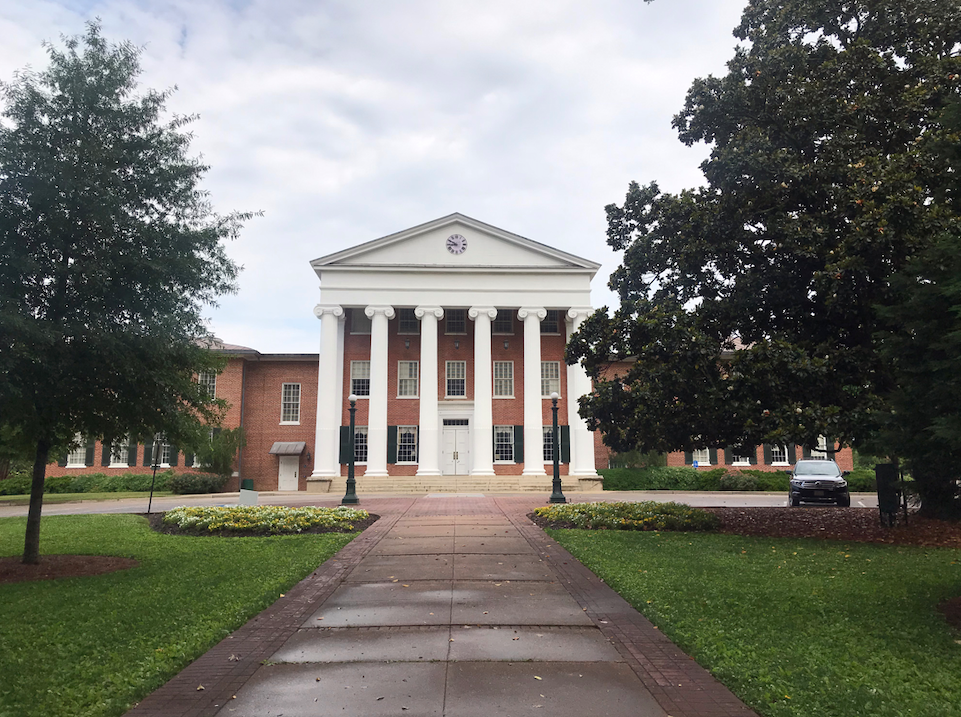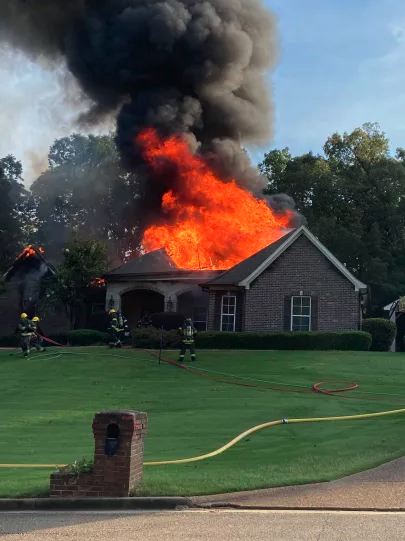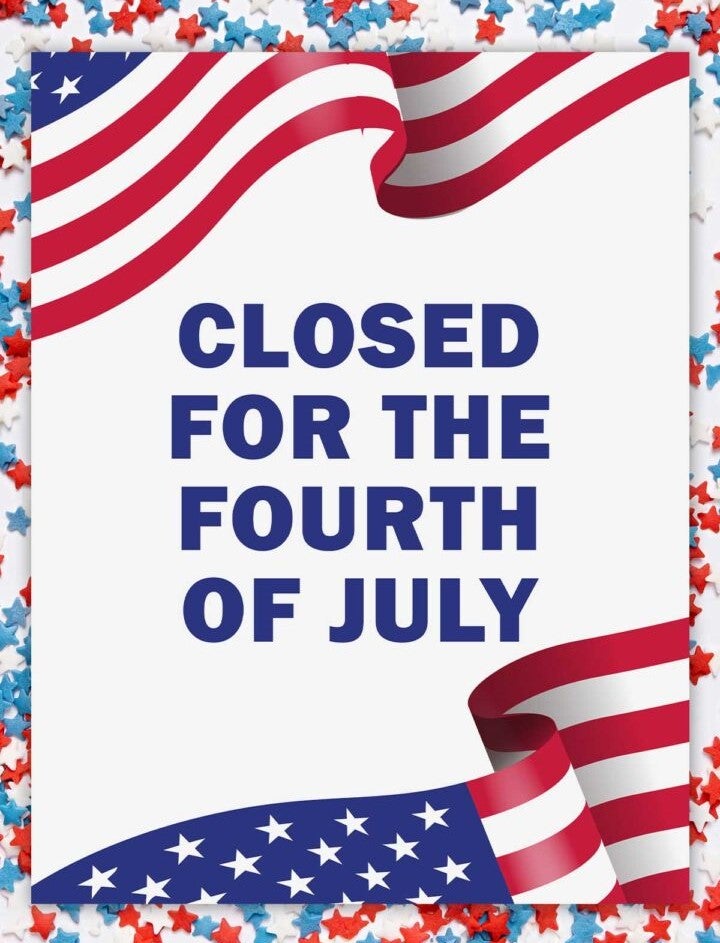A refresher on all 21 NCAA allegations against Ole Miss football
Published 5:20 pm Thursday, February 23, 2017

- Ole Miss coach Hugh Freeze. (Bruce Newman)
In concluding its investigation Wednesday, the NCAA levied eight more charges against Ole Miss’ football program in an amended Notice of Allegations, bringing the total number of allegations to 21.
It’s been more than a year since the university was hit with its first set of charges, so here’s a refresher on each allegation, how they’re classified — Level I allegations are the most serious, Level III the least — and how the athletic department has responded to them.
The following are the new allegations Ole Miss was charged with Wednesday:
— A prospective student-athlete went hunting on a booster’s private land during a recruiting visit in 2013 and multiple times again once he enrolled, and his access to the land was arranged by the football program. (Level III)
Ole Miss agrees there is enough evidence to support this allegation.
— Between March 2014 and January 2015, a former staff member arranged impermissible lodging and transportation for a prospective-student athlete who signed elsewhere and his companions during multiple visits to campus and another recruit in another instance. The program also provided free meals to both recruits and one of his friends during visits during the same timeframe. The value of the lodging and transportation is valued at $2,272 while the free meals are estimated at $235. (Level I)
Ole Miss agrees there is enough evidence to support this allegation.
— A former staffer violated NCAA ethical conduct principles when he knowingly committed recruiting violations between March 2014 and February 2015 and when he knowingly provided false and misleading information to the NCAA enforcement staff in 2016. (Level I)
Ole Miss agrees there is enough evidence to support this allegation.
— Between April 2014 and February 2015, a former staffer arranged for two boosters to have impermissible contact with a prospective student-athlete who enrolled elsewhere and that the boosters gave the recruit cash payments totaling anywhere between $13,000 and $15,600 — payments which the former staff knew about. (Level I)
Ole Miss agrees impermissible contact was made but is still investigating whether there’s enough credible evidence to support the alleged payments.
— A former staffer arranged for a family friend of a prospective student-athlete to receive free or discounted merchandise from a store owned by a booster in 2013 and that another former staff member arranged for two recruits (both of whom enrolled elsewhere) to receive the same merchandise in 2014, 2015 and 2016. The impermissible benefits are valued at approximately $2,800. (Level I)
Ole Miss will fight this allegation in full.
— A current staff member had impermissible off-campus contact with a recruit who signed elsewhere off campus in 2014. (Level III)
Ole Miss will fight this allegation in full.
— A booster provided anywhere between $200 and $600 worth of money, food and drinks to a recruit who signed elsewhere and his companions at the booster’s restaurant multiple times between March 2014 and January 2015. (Level I)
Ole Miss will fight this allegation in full.
— Hugh Freeze violated head coach responsibility legislation because, while not directly implicated in any wrongdoing, he is presumed responsible for allegations involving his staff that occurred between October 2012 and January 2016. (Level I)
Ole Miss disagrees with the charge, but Freeze hasn’t denied that he’s ultimately responsible for the actions of his staff.
— The scope and nature of the violations show a lack of institutional control and that Ole Miss failed to monitor the conduct and administration of the program. (Level I)
NOTE: This charge replaces the more limited failure-to-monitor-charge that was included in the original Notice of Allegations the school received in January 2016. Ole Miss will fight this allegation in full.
The following 12 charges were handed down in the original Notice of Allegations:
— Former offensive lineman Laremy Tunsil and another player were provided free loaner cars from Cannon Motors in 2014 and 2015 while Tunsil was also given a four-month interest-free promissory note on a $3,000 down payment on the purchase of another vehicle in 2015. (Level I)
Tunsil was suspended the first seven games of the 2015 season and was ordered by the NCAA to make the down payment and pay the value of the extra benefits to charity as part of his reinstatement conditions. Ole Miss has disassociated Cannon Motors as a booster for three years.
— A booster paid Laremy Tunsil’s stepfather $800 in cash in 2014. (Level I)
Ole Miss agrees there’s enough evidence to support payment of at least $500. The university has disassociated the booster for three years.
— On 12 occasions between June 2013 and May 2014, a booster provided free lodging to a player’s family members in hotels and rental properties in Oxford valuing $2,253. (Level I)
Ole Miss agrees there’s enough evidence to support the allegation. The university has disassociated the booster for an indefinite period.
— Former assistant coach Chris Kiffin provided Tunsil with two nights of free lodging at his house in the summer of 2013. The extra benefits were valued at approximately $33. (Level III)
The free lodging was uncovered by the NCAA during its investigation while Tunsil served his suspension in 2015. Kiffin, who was later prohibited from off-campus recruiting for 30 days, left Ole Miss after the 2016 season to be defensive coordinator at Florida Atlantic.
— Kiffin provided members of Tunsil’s family who were not his parents or legal guardians with free meals and arranged free lodging for them during Tunsil’s official visit in 2013. The impermissible benefits are valued at approximately $1,027. (Level II)
Ole Miss doesn’t disagree that the impermissible benefits were provided, but the school has asked that the violation be reclassified as a Level III charge based on precedent.
— Kiffin made impermissible off-campus contact with two recruits who signed elsewhere in the spring of 2014, including in a private office at their high school. (Level III)
Ole Miss agrees there is enough evidence to support this allegation.
— During the 2012-13 academic year, a booster provided four recruits and some family members roundtrip transportation to campus for visits and games, free meals and other impermissible benefits and assistant coach Maurice Harris knew about it and at times facilitated contact between the booster and the recruits. The impermissible benefits are valued at $2,250 while the benefits Harris arranged are valued at approximately $485. (Level I)
Ole Miss agrees there is enough evidence to support this allegation. Harris was prohibited from off-campus recruiting for three weeks during the 2015 spring evaluation period and was required to attend an NCAA rules seminar.
— During recruiting weekends in January and February of 2013, Ole Miss made personalized “commercial-style” videos for recruits that included photos of them wearing team apparel in the Rebels’ indoor practice facility. (Level III)
Ole Miss agrees there is enough evidence to support this allegation.
— In 2010, former off-field staffer David Saunders and former on-field assistant Chris Vaughn instructed three recruits to take their ACT exam at Wayne County High School in order to have their scores fixed so they could qualify academically. (Level I)
Saunders and Vaughn both worked on former coach Houston Nutt’s staff. Saunders was a given an eight-year show-cause order by the NCAA last January for his involvement in the academic fraud while Vaughn was fired as Texas’ defensive backs coach after the original Notice of Allegations was released last year.
— During the summer of 2010, Saunders and Vaughn arranged for a booster to provide free housing, meals and transportation to five recruits while Saunders and current running backs Derrick Nix also arranged for the same impermissible benefits for another recruit. The value of the benefits is estimated at $1,750. (Level I)
Ole Miss doesn’t disagree that impermissible benefits were provided, but the school has requested the allegation be reclassified as a Level II charge. Ole Miss also doesn’t believe there’s enough sufficient evidence to find that Nix was involved in arranging the extra benefits.
— In August 2013, Vaughn had inappropriate contact with the NCAA’s enforcement staff during the investigation and later knowingly provided false or misleading information to Ole Miss and the enforcement staff about his involvement in violations. (Level I)
With Vaughn no longer employed by the school at that time, Ole Miss didn’t take a position on the allegation.
— On Dec. 16, 2013 and Feb. 25, 2014, Saunders knowingly provided false or misleading information to Ole Miss and the NCAA about his involvement in violations. (Level I)
With Saunders no longer employed by the school at that time, Ole Miss didn’t take a position on the allegation.
Ole Miss, which has already self-imposed a bowl ban for next season, will have 90 days to issue its formal response to the amended Notice of Allegations. The NCAA then will have 60 days to put together a case summary before the school’s hearing with Committee on Infractions is scheduled. The committee typically issues its final ruling six to eight weeks after the hearing.





